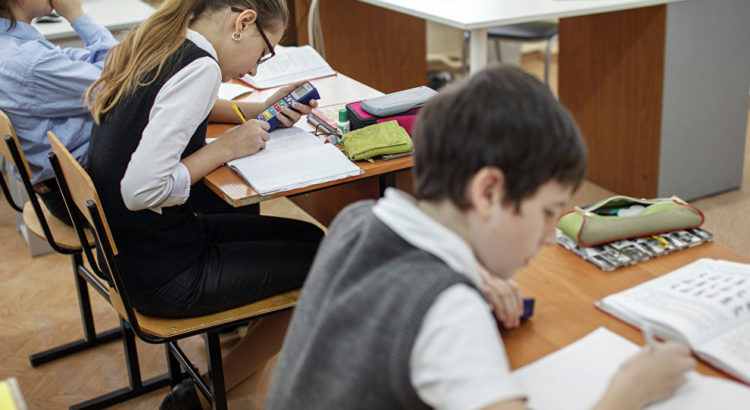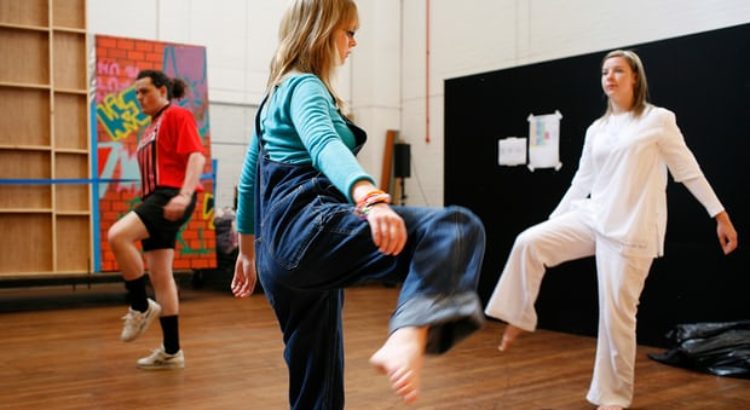Europa/Ucrania/06 Febrero 2020/https://www.elpais.cr/
El Parlamento ucraniano, la Rada Suprema, en la sesión de este jueves optó por no abolir la Ley sobre la educación secundaria completa, que puede desembocar en una reducción considerable del uso de idiomas de minorías nacionales, incluido el ruso, en la enseñanza en Ucrania.
Después de que la Rada aprobara dicha ley a mediados de enero, los diputados de la fracción Plataforma Opositora Por la Vida registraron un proyecto de resolución para anular la votación, al considerar que la ley contradice a la Constitución y viola los derechos de las minorías nacionales.
Sin embargo, solo 58 parlamentarios apoyaron el documento de los opositores, frente al mínimo necesario de 226 votos.
Ahora el documento está pendiente de la firma del presidente ucraniano, Vladímir Zelenski.
La Ley sobre la educación secundaria completa prevé tres modelos de estudios del ucraniano en centros de enseñanza primaria y secundaria para quienes no lo tienen como lengua materna.
El primer modelo se reserva para los grupos étnicos que no viven en el ambiente lingüístico de su idioma ni tienen un Estado, como los tártaros de Crimea, que estudiarán en su lengua materna durante toda la escuela, así como aprenderán profundamente el ucraniano.
El secundo modelo abarca a las minorías nacionales cuyas lenguas pertenecen a los idiomas de la UE. Durante la educación primaria los escolares usarán su lengua materna, así como estudiarán el idioma estatal con el objetivo de conseguir gradualmente que al menos el 60 por ciento de las clases se imparta en ucraniano a partir del décimo año.
El tercer modelo corresponde a otras minorías nacionales, en particular aquellas cuyas lenguas son afines al ucraniano y que viven en su mayoría en el ambiente de su idioma, como los rusoparlantes, que deberán usar el ucraniano en la enseñanza al menos al 80 por ciento a partir del quinto año escolar.
Anteriormente, Rusia llamó a las instituciones internacionales de defensa de derechos de la ONU, de la OSCE y del Consejo de Europa a dar una evaluación adecuada a las acciones de las autoridades ucranianas por la Ley sobre la educación secundaria completa, que Moscú considera discriminatoria.
Fuente: https://www.elpais.cr/2020/02/06/parlamento-ucraniano-rechaza-revocar-la-ley-que-reduce-educacion-en-ruso-en-escuelas/








 Users Today : 12
Users Today : 12 Total Users : 35460395
Total Users : 35460395 Views Today : 22
Views Today : 22 Total views : 3419185
Total views : 3419185